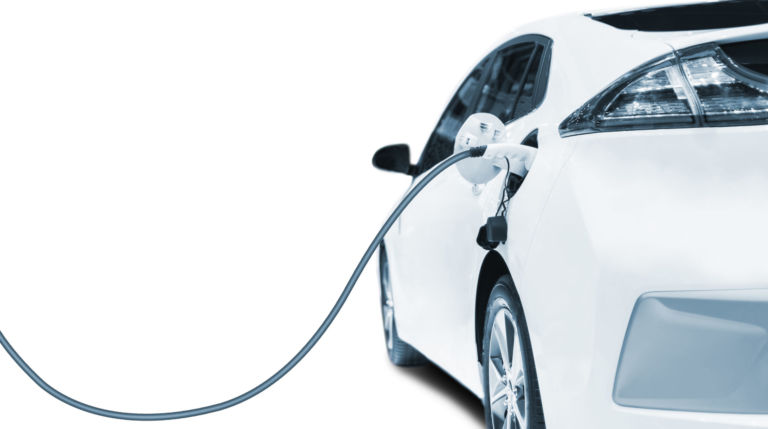Andrew Stuttaford of National Review Online questions a popular narrative surrounding electric vehicles.
We have, after all, been told that decarbonization of the economy is going to generate lots of new jobs. I’m not convinced, particularly, … when it comes to net job creation. To be sure, the transition away from greenhouse gases ought to create quite a large number of new jobs for regulators, lawyers, and all the rest, and maybe even some well-paid blue-collar jobs too, but it will also cost jobs. The classic example of that, of course, will be in the oil and gas business, but, as discussed last week, electric vehicles are going to represent a significant challenge to existing auto companies (and the companies that supply them) and a significant opportunity for manufacturers in China, not least because of how (relatively) easy it is to manufacture EVs. …
… According to the BLS, around 630,000 auto-service technicians were employed in the country as a whole in May 2021. So, assuming that most states, particularly the larger ones, follow California’s example in squeezing out and ultimately banning the sale of new vehicles powered by internal-combustion engines, that could be over 300,000 jobs lost. Admittedly those job losses would be phased in over time, but they are likely to be lost in a period when economic growth will (in my view) be significantly held back by the energy transition, which is, after all, not a response to consumer demand but a mandated top-down change, not typically the best way of creating good new jobs.
There is also (and again, in my view) the threat to the labor market posed by the ever-increasing encroachment of automation/AI. Certainly, technological transformations have always created more jobs than they cost, but that word “always” says nothing about the delay between the loss of old technology jobs and the creation of new work to replace them.


